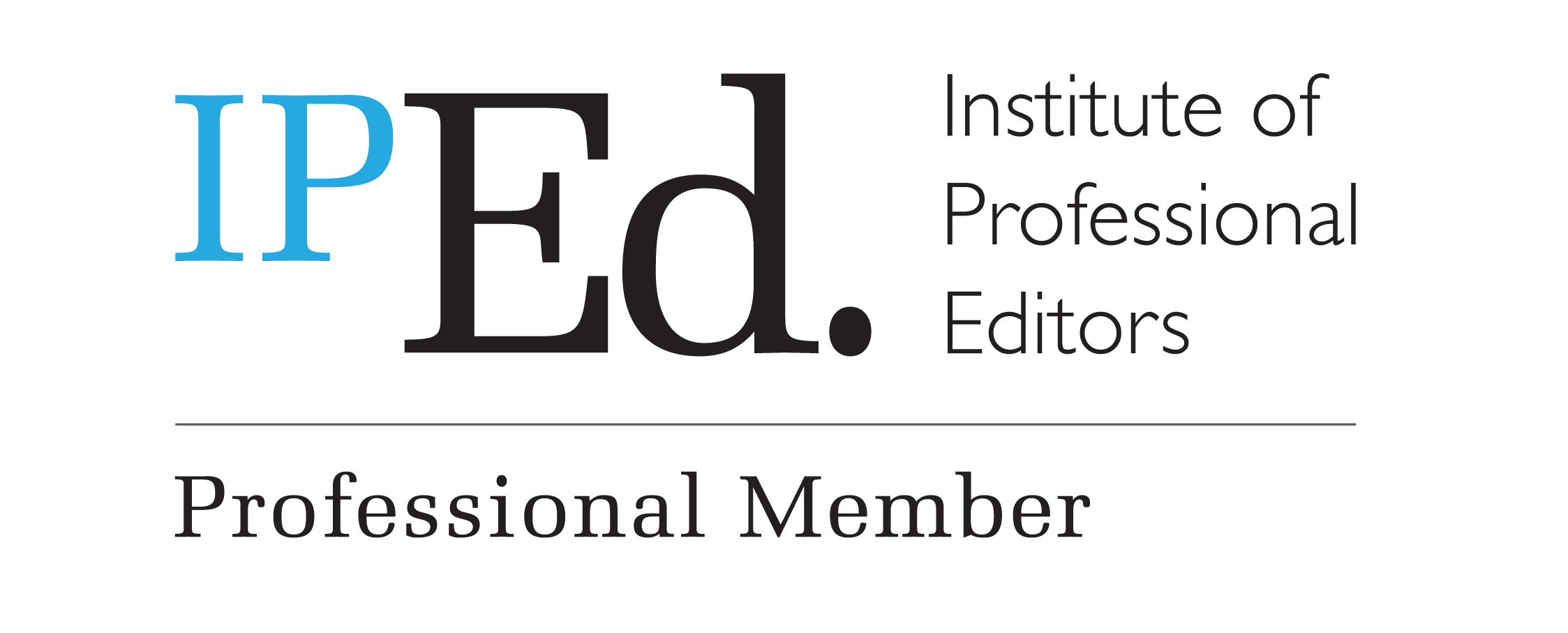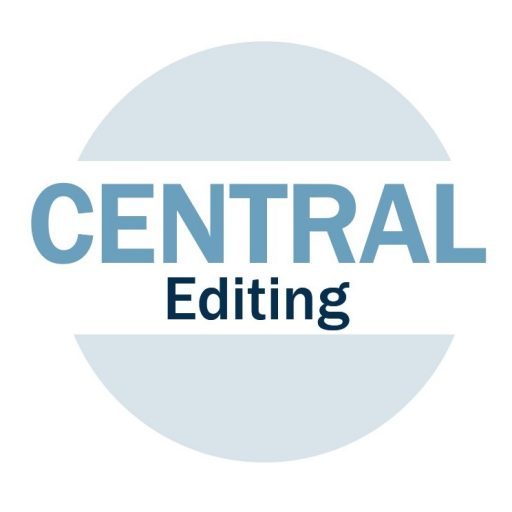Professional standards and codes
Denise Holden is a professional member of several editing industry organisations. Membership of these professional bodies requires commitment to and compliance with their established professional standards and codes.
Institute of Professional Editors (IPEd)

Australian Standards for Editing Practice
As a professional member of IPEd I comply with the requirements of Australian standards for editing practice which ‘sets out the core standards that professional editors should meet’.
‘The Standards tells employers what to expect from the editors they hire. It shows new editors the range of skills and knowledge they should aspire to. It helps IPEd, educational institutions and other training providers to devise material, seminars and courses on editing. And it is the foundation for IPEd’s accreditation scheme.
The Standards does not attempt to capture the full array of knowledge, skills, best practice, sequential tasks and responsibilities required by all editors on all projects in all settings. However, professional editors should meet certain core standards.’
Code of Ethics
I support and adhere to the values set out in the IPEd Code of Ethics which states the following aims:
‘The Code of Ethics sets out the core principles and values by which members of IPEd will conduct themselves in the course of their work. It provides members with broad guidelines to help them deal with ethical issues that arise during their professional editing practice.’
Chartered Institute of Editing and Proofreading (CIEP)

Code of Practice
Ensuring editorial excellence
As a professional member of CIEP I abide by the requirements of its Code of Practice which states (in part):
‘The CIEP’s Code of Practice (CoP), Ensuring editorial excellence, is a valuable resource for editorial workers – editors, proofreaders and project managers, whether working freelance or in-house – and their clients and employers. Its purpose is to establish standards of best practice for CIEP members and help them maintain them and to encourage good professional relationships.
Good communication between client/employer and freelance/employee is essential. Clear briefing and the agreement of terms are vital if high standards are to be maintained by both parties, and unsurprisingly they’re emphasised by the CoP.
In addition, the CoP includes guidance on: the professional behaviour of both freelance/employee and client/employer; standards for proofreading, editing and project management; and information on web editing, electronic file handling, email etiquette, confidentiality and computer security.
The CoP is endorsed by the CIEP Council. Although it isn’t a legal document, it’s considered binding on members and Corporate Subscribers. Although this is the CIEP’s primary code of practice, other documents have code of practice status and are binding on members.’
